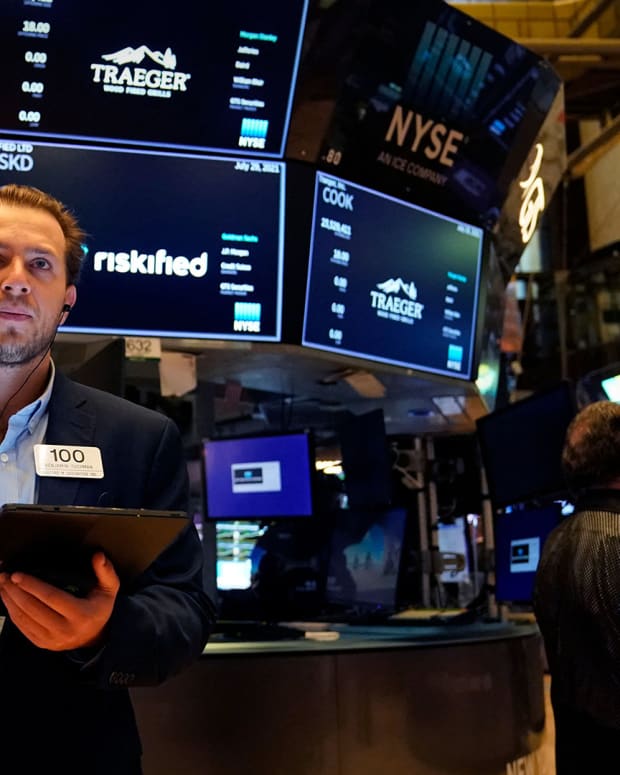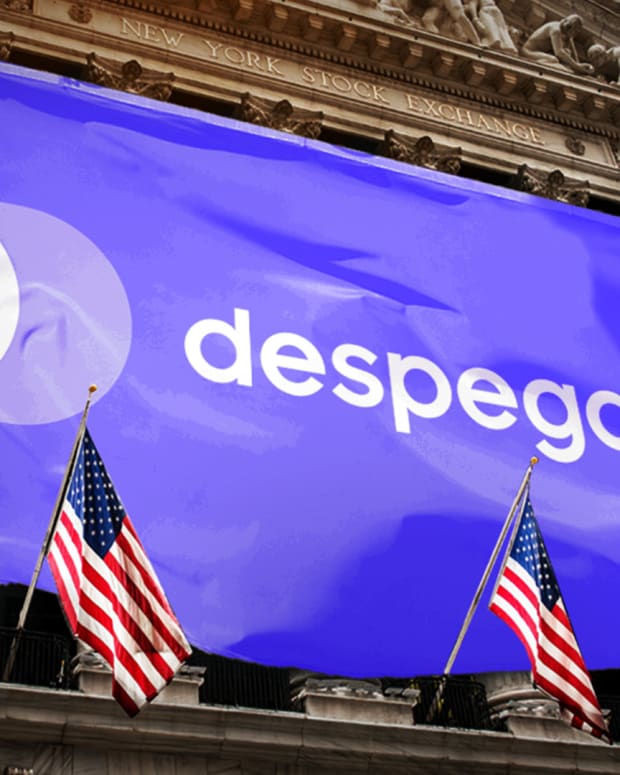Alibaba Stock Falls as Beijing Hits China Tech Sector With Proposed New Regulations
Alibaba (BABA) - Get Report fell Thursday as the Chinese e-commerce giant and other tech companies buckled under the weight of additional proposed regulations from Beijing.
U.S.-listed shares of Alibaba were down 3.5% to $166.25 in premarket trading.
Dow Selloff, Nvidia, Tesla AI Day, Robinhood: 5 Things You Must Know Thursday
Other Chinese tech companies, such as Tencent Music Entertainment (TME) - Get Report, NIO (NIO) - Get Report and Didi Global (DIDI) - Get Report also were in the red.
The Hang Seng Tech Index closed 2.9% lower after earlier falling to the lowest since its inception in July 2020.
The stocks began tumbling after China said it was studying proposals to further ensure the rights of drivers who work for online companies and to step up oversight of livestreaming.
In addition, sentiment soured after Tencent warned the industry to prepare for more regulations including potential substantial changes to how companies use data for advertising.
TheStreet Recommends
In July, China's antitrust regulator ordered Tencent to give up its exclusive music licensing rights and fined the company for anti-competitive behavior.
Beijing’s recent crackdowns on the tech sector wiped off about $1 trillion of market value from Chinese shares listed globally last month.
Institutional investors continued to dump shares of Alibaba in the second quarter amid the regulatory pressure, Caixin Global reported.
Institutional investors’ holdings of the e-commerce giant’s American depositary shares, securities representing non-U.S. companies’ shares, accounted for 24.3% of its total shares at the end of June, 8.6 percentage points lower than a quarter earlier.
The decline almost doubled the drop of 4.6 percentage points at the end of March.
Cathie Wood, the fund manager at the helm of ARK Investments, dumped Chinese stocks in July, but earlier this month said she was "keeping an open mind."
Separately, The Wall Street Journal reported that a rift has developed among three top executives on DiDi's board following the wake of the decision to go public in New York.










